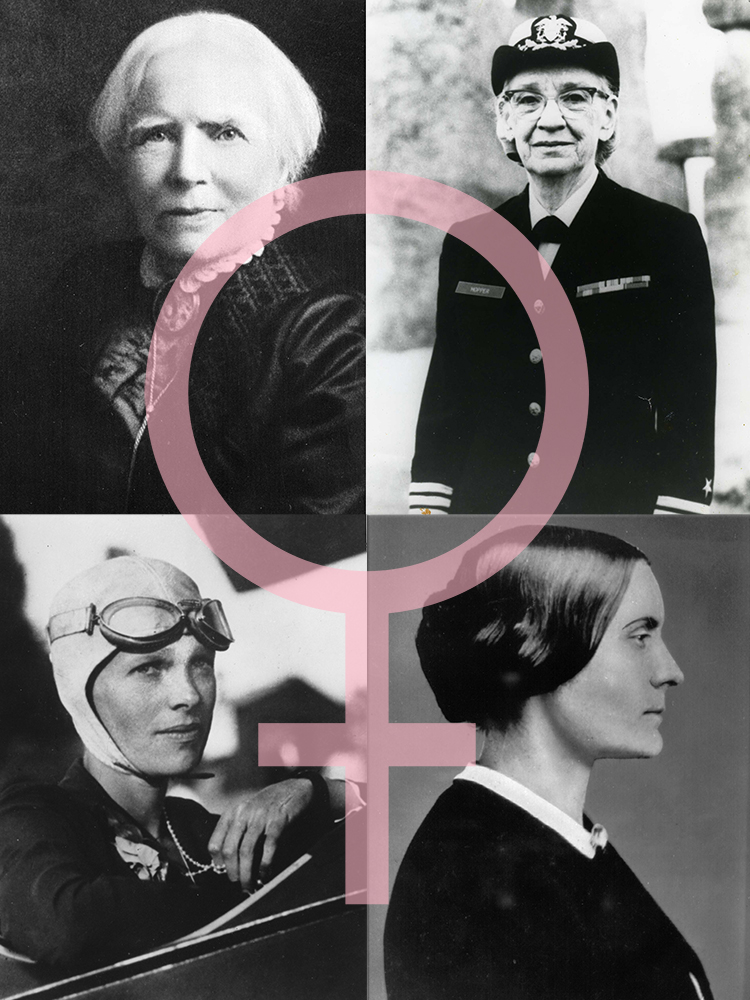On March 9th, a female anchor, Rima Karaki, on Al Jadeed TV conducted an interview with a male Sheikh, Hani al-Seba’i. The Sheikh’s answers throughout the interview steered away from the original question, causing the TV host to interrupt to try and get the Sheikh back on track because of the limited amount of time. The Sheikh gets angry, cuts the woman down with his tongue and responds with: “Shut up…It’s beneath me to be interviewed by you. You are a woman.”
The female anchor quickly holds her own and cuts him off saying, “In this studio, I run the show…Either there is mutual respect or the conversation is over.”
The Sheikh may seem extreme to many people here at Biola who have not witnessed direct marginalization of women. Unfortunately, instances like these happen on a daily basis. Many people around the world believe women are beneath men. Whether you have realized it or not, women are marginalized, discriminated against and oppressed on a daily basis, even in the United States. Women still need to work harder than men. We get paid less, according to Time and US News, and are discriminated against in the workforce because men are preferred, according to the American Psychological Association.
Despite our predicament in 2015, our country has come a long way. It was not until 1920 — only three generations back — when the United States adopted the 19th Amendment, granting all women the right to vote, according to History.com. It was not until 1972 the Equal Rights Amendment — stating that equal rights cannot be denied because of a person’s sex — was proposed, according to digitalhistory.uh.edu.
Women have helped shape the country into what it is today. Several women accomplished what society told them was impossible. Amelia Earhart, Elizabeth Blackwell, Susan B. Anthony and Grace Hopper all helped pave the path society walks today. Women graduate from medical school, fly planes, vote and live a life that would have been impossible only a few generations back.
As young Americans living in the early 21st century, society told us we “could be anything” we wanted. But without the hard working past of women, people could not give that advice to current young females. And although women still struggle daily with marginalization and discrimination, the United States can confidently say it has changed for the better.
The month of March is known as “Women’s History Month.” Throughout March, let us remember those women who have fought against societal norms. Rosa Parks stood on trial for standing up for what she believed. Catherine Brewer became the first woman to graduate from college. Francis Perkins was the first female member of the presidential cabinet.
Though some people believe women are beneath men, such as Hani al-Seba’i, we can proudly stand together and say we are not. Look at what females have accomplished. This is what March — and every month — is for. Do not let society tell you that as a female, you are not important or that you are “beneath” men. As one of my favorite characters, Aibileen Clark from “The Help” says, “You is kind. You is smart. You is important.”
Your voice, your opinions and your beliefs are all invaluable.







